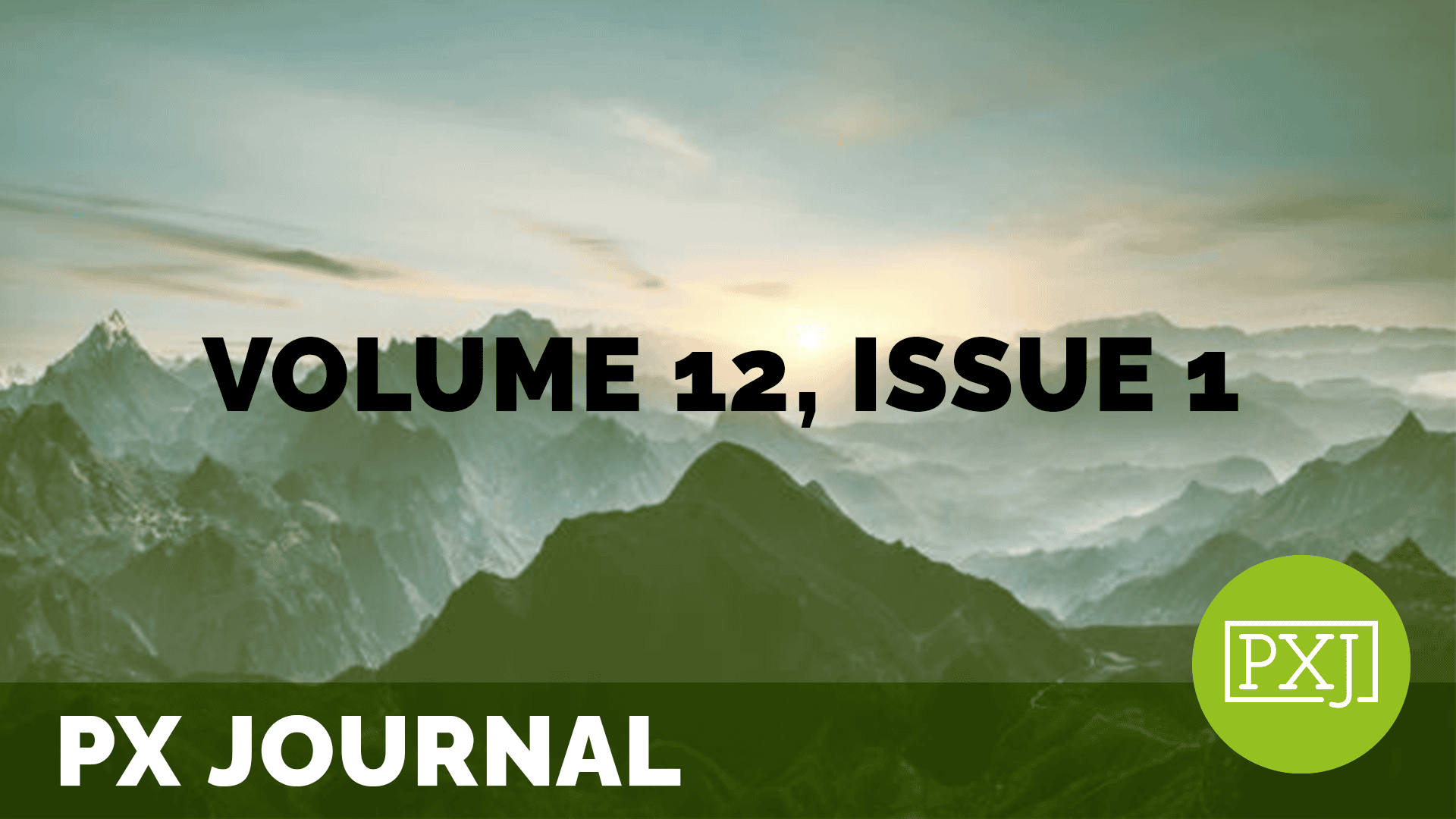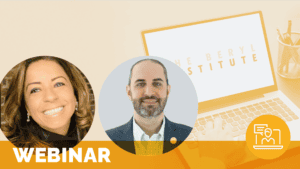My Life, My Story and Life Recovery among Veterans with Substance Use Problems

The United States Veterans Health Administration My Life, My Story (MLMS) program is a patient-centered care intervention where veterans are interviewed about their life story and may grant permission to include it in their electronic health record (EHR). Our purpose was to focus on a sample of MLMS narratives from veterans with self-disclosed substance use (SU) from our institution, and to evaluate the potential relationship between their content and a life change for the better, and to compare their content with the EHR. Methods: The narratives were reviewed on 4 domains (past challenge, substance use, experience of a turning point or insight, life improvement) by two reviewers using a pre-specified code book. 31 narratives were reviewed. Additional demographic and clinical data were abstracted from the EHR. Results: Veterans’ mean age was 68.7 (SD = 6.0) years when interviewed. All were male and had a tobacco (23%), SU (45%), anxiety (32%), mood (45%), or post-traumatic stress (32%) problem on EHR review. 48% received outpatient mental health treatment whereas 24% received outpatient SU treatment. With regards to MLMS content, 74.2% described a significant life stressor, 93% confirmed SU, 71% reported a turning point, and 80.7% had experienced life improvement. There were no statistically significant relationships between the EHR data and MLMS content areas. However, when a turning point was described, the odds of having a life improvement were increased 26-fold (OR = 26.2, 95% CI = 2.4, 288.9, c-statistic = 0.84). Conclusion: The MLMS narrative from the veterans’ perspective provides additional richness to their history unavailable in the EHR.
Related content
-
 Patient Family & Community Engagement
Patient Family & Community EngagementThe patient ombudsperson’s experience of patient partnership and mutual understanding of rights
Mutual understanding between the patient and the healthcare professional can be considered a key factor of a positive patient experience in the care relationship. Mutual understanding can be promoted through patient partnership, which, in this personal and professional narrative, the author (a patient ombudsperson, known as patient ombudsman, and researcher of patient experience) describes as
Learn more -
 Culture & Leadership | Patient Family & Community Engagement
Culture & Leadership | Patient Family & Community EngagementNational Human Experience Movement Led by SOBREXP in Brazil
Global Headliner Webinar Series (Complimentary) – Join this webinar to discover the inspiring journey of Brazil’s National Movement in Human Experience, led by SOBREXP, the Brazilian Society of Patient Experience and Person Centered Care. Learn about the timeline, strategies, challenges, and key achievements that have shaped this groundbreaking effort to elevate the human experience. Tuesday,
Learn more -
 Patient Family & Community Engagement
Patient Family & Community EngagementEngaging Children and Youth in Healthcare: A Developmental Approach
2pm ET / 1pm CT / 12pm MT / 11am PT – Current efforts to engage children and youth in hospital care lack a formal framework and engagement programs often rely solely on caregivers and guardians as proxies, overlooking their direct input. This presentation emphasizes the importance of involving children and youth directly in healthcare
Learn more
